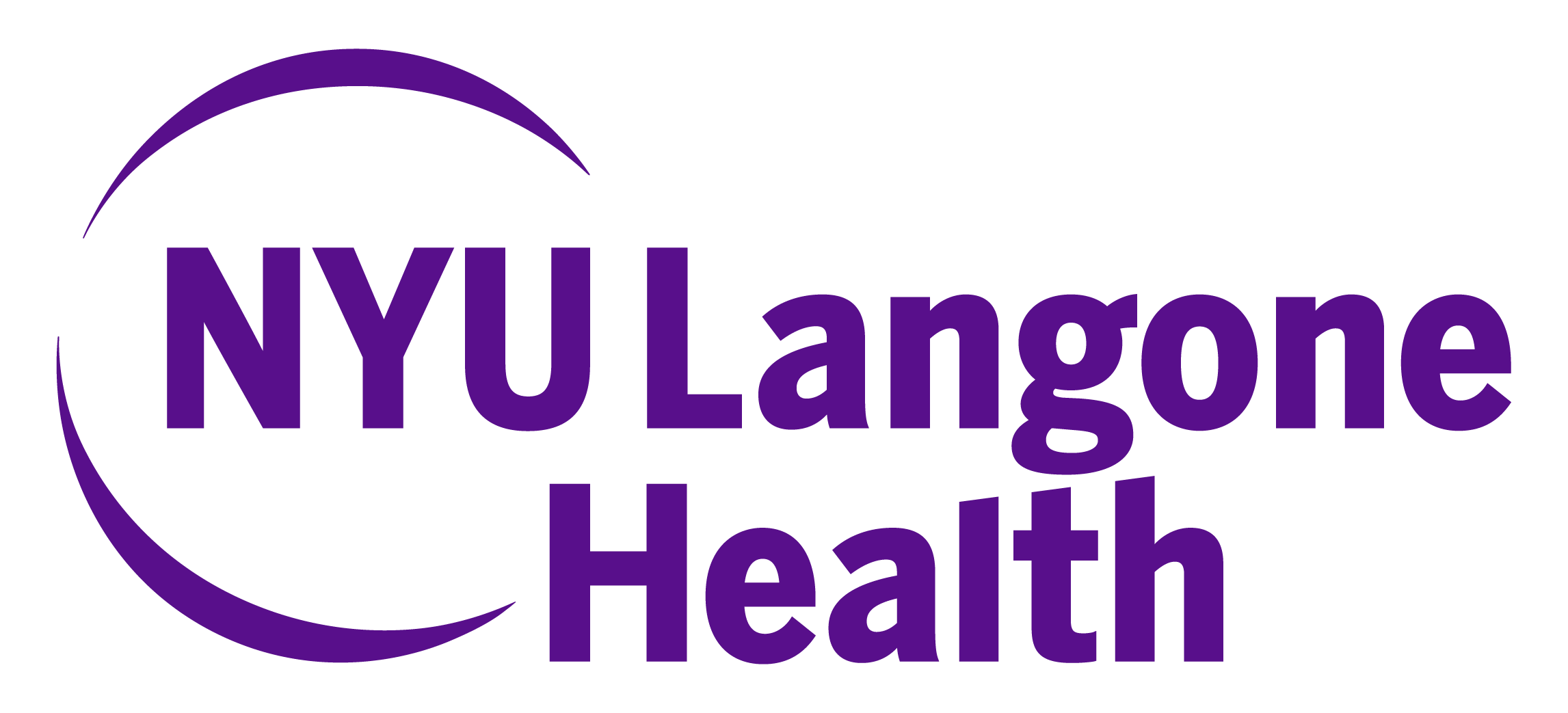- Advertise
- About OncLive
- Editorial Board
- MJH Life Sciences brands
- Contact Us
- Privacy
- Terms & Conditions
- Do Not Sell My Information
2 Clarke Drive
Suite 100
Cranbury, NJ 08512
© 2025 MJH Life Sciences™ and OncLive - Clinical Oncology News, Cancer Expert Insights. All rights reserved.
Dr. Saint Fleur-Lominy on Emerging Agents in MPNs
Shella Saint Fleur-Lominy, MD, PhD, an assistant professor in the Department of Medicine at NYU Langone Health
Shella Saint Fleur-Lominy, MD, PhD, an assistant professor in the Department of Medicine at NYU Langone Health’s Perlmutter Cancer Center, discusses emerging agents in myeloproliferative neoplasms (MPNs).
Now that the field has a better understanding of the abnormal signals that occur in mutation-specific hematopoietic stem cells, more drugs are beginning to emerge, explains Saint Fleur-Lominy. For example, alisertib, which is an Aurora kinase A inhibitor, can reduce myelofibrosis in the bone marrow. In a phase I trial, alisertib led to a reduction in spleen size and improvement in symptoms similar to what is seen with JAK2 inhibitors. Out of 7 patients, 5 experienced a decrease in the amount of fibrosis that they had in the bone marrow, says Saint Fleur-Lominy.
A phase II study is evaluating the telomerase inhibitor telomeric oligonucleotide. Data demonstrated a slight reduction in spleen size and symptoms. Furthermore, investigators reported increased benefit with higher doses of the drug, adds Saint Fleur-Lominy.
Several other pathways, as well as the development of more specific JAK1/2 inhibitors, are under investigation, concludes Saint Fleur-Lominy.
Related Content:





